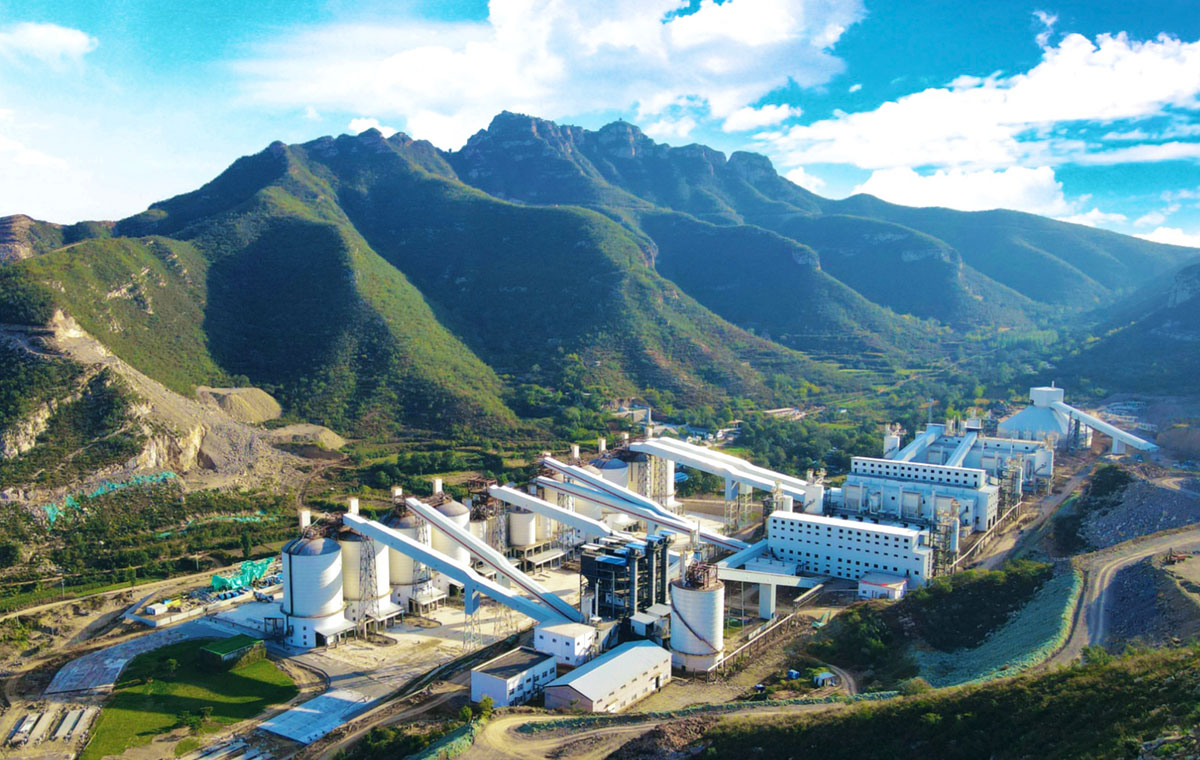How to choose the stone crusher

Choosing the right stone crusher for your operation is crucial to ensure high productivity, efficiency, and optimal material output. Here’s a guide to help you make an informed decision:
- Understand the Types of Stone Crushers
-
- Jaw Crusher: Ideal for primary crushing, suitable for large and hard materials (e.g., granite, basalt). Produces a coarse product.
- Cone Crusher: Best for secondary, tertiary, or quaternary crushing, handling medium to very hard materials. Produces a finer material than a jaw crusher.
- Impact Crusher: Suitable for softer stones (e.g., limestone) and often used for shaping. Can handle medium-hard materials and produces a uniform, cubical product.
- Hammer Crusher: Used for softer stones and coal; effective for producing a high-quality, uniform product, but not suitable for harder rocks.
- Mobile Crusher: Ideal for projects requiring mobility, such as construction or road work, where machines need to be relocated frequently.
- Consider the Material Hardness and Abrasiveness
-
- Soft Material (e.g., limestone, gypsum): Use impact crushers or hammer crushers, as they’re efficient with softer materials.
- Medium to Hard Material (e.g., granite, quartz): Use jaw crushers for initial reduction and cone crushers for finer processing.
- Highly Abrasive Material: Cone crushers or impact crushers with a wear-resistant design are better for handling abrasive materials.
- Determine the Desired Output Size
-
- Decide the particle size you want for your end product. Jaw crushers provide a coarser output, while cone and impact crushers offer finer options.
- Multi-stage crushing might be necessary if you require finer sizes, starting with a jaw crusher for initial reduction and a cone or impact crusher for finer control.
- Production Capacity Requirements
-
- Determine the capacity you need in tons per hour. Each crusher type has different production capabilities.
- Match the crusher size and type with your operational needs. For large-scale operations, cone crushers or large jaw crushers may be better suited.
- Consider Mobility Needs
-
- Stationary Crushers: Ideal for long-term projects or where material is located in a single site.
- Mobile Crushers: Suited for projects where mobility is essential, like construction sites, mining, or road-building projects.
- Energy Consumption and Operational Costs
-
- Crushers vary in energy efficiency. For instance, impact crushers typically use more energy than jaw or cone crushers.
- Factor in maintenance costs, wear part replacement, and fuel consumption. More rugged crushers like jaw and cone models generally have lower operational costs.
- Supplier and Support
-
- Choose reputable manufacturers with a solid service network, providing maintenance and replacement parts.
- Look for suppliers that offer warranties, after-sales support, and assistance in setup and maintenance.
- Budget Considerations
-
- Set a budget that includes the initial cost and potential operational expenses. Higher-end crushers might have a higher upfront cost but save money in long-term operational efficiency and durability.
By assessing these factors, you can choose a stone crusher that best suits your operational requirements and budget.
